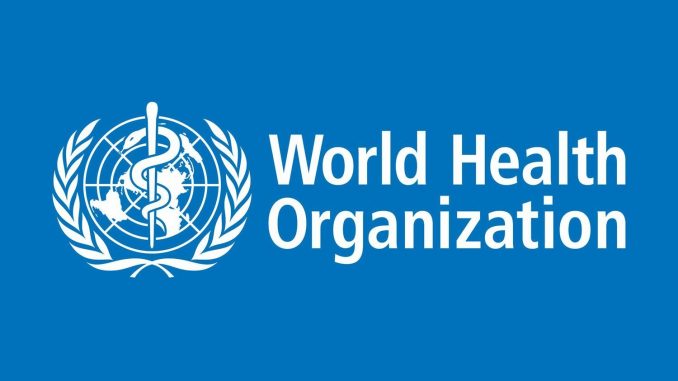
By SAMAYA DHARMARAJ
On 29 May, the Health and Family Welfare Minister Mr Jagat Prakash Nadda said that the resolution on digital health that was initiated by India, was adopted by the 71st World Health Assembly, the decision-making body of the World Health Organization (WHO).
The 71st World Health Assembly was held from 20 to 26 May in Geneva and was attended by delegations from all WHO member states.
“I’m happy to share that the landmark resolution on #DigitalHealth – initiated by India – was unanimously adopted by the 71st World Health Assembly in Geneva. India received widespread praise for its leadership on this forward-looking agenda,” Mr Nadda tweeted.
While addressing the Assembly, Mr Nadda said that digital health technology has the potential to support the Universal Health Coverage (UHC) and to improve the accessibility, quality and affordability of healthcare services. To achieve this, Mr Nadda mentioned the programme launched by Indian Prime Minister Mr Narendra Modi called ‘Long Live India’ (Ayushman Bharat), that consists of health and wellness centres to provide healthcare services and the Prime Ministers’ National Health Protection Mission(NHPM).
Under the resolution, WHO will design a plan to encourage and develop digital health internationally and identify priority areas where WHO should direct its attention and efforts, and will urge member states to asses and optimise their health systems to fall in line with the global digital health agenda.
Joint Secretary (International Health) Mr Lav Agarwal, while introducing the Digital Health Resolution on behalf of India and twenty other cosponsors, said that the resolution would help countries accomplish their health-related SDG (Sustainable Development Goals) targets.
Additionally, it is important for WHO’s implementation of the 13th General Program of Work. The digital health agenda is inclusive, multisectoral and cross-cutting by design.
Mr Agarwal added the resolution aims to digitally empower member states, WHO, health providers and, most importantly, the patients. The aim is to transform the Digital Health Resolution into a Digital Health Movement.
The Digital Health Resolution intends to make digital interventions in health mainstream, including big data and its analytics, use of deep machine learning, artificial intelligence (AI) and new developing technology, like genomics, in the field of healthcare services. Digital health technologies that already exist include systems that can track disease outbreaks by using “crowdsourcing” or community reporting and mobile phone text messages to bring about positive change in behaviour for the prevention and management of diseases like diabetes.
The resolution also aims to improve existing health service delivery models, strengthen integrated, people-oriented health services, to better the health of the general population, and to ensure health equity, including gender equality.
According to Mr Nadda, India plans to host a Global Digital Health Summit in the near future with the support of WHO and he hopes it will contribute to WHO’s efforts to create a comprehensive global health plan regarding digital health.
In February, at the Global Digital Health Partnership Summit at Canberra in Australia, Mr Nadda said India is committed to reforms in health services delivery using Information and Communication Technology (ICT) and will take advantage of Prime Minister Narendra Modi’s Digital India initiative.
At the Summit, Mr Nadda emphasised the importance of constructing a digital health ecosystem and creating partnerships with private healthcare providers, members of the academic community, health IT practitioners, patient groups and regulatory bodies.
He also added that India plans to create an integrated digital health platform that will enable the creation of electronic health records for the 1.3 billion people of India.

Leave a Reply